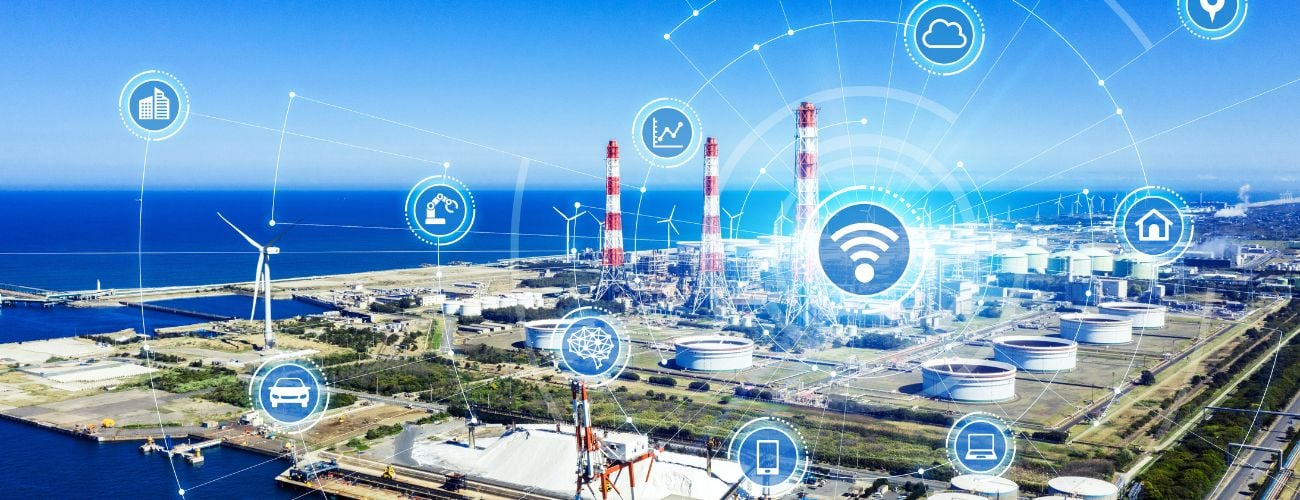To begin the transition, it is essential to conduct a thorough analysis of current operations and identify areas where Industry 4.0 technologies can bring significant improvements. A detailed plan should include employee training, updating technological infrastructures, and integrating existing systems with new modern digital solutions.
Sales readiness and support
Configuration and quote management
Incentive and compensation management




